We introduced you to Brooks Stevens last week, with the story of the Excalibur. Years before that car became a reality, he designed the Gaylord Gladiator for two wealthy brothers who decided to invest some of their fortune in a luxury two-seater sports car.
The two brothers were Jim and Ed Gaylord, whose father had amassed great wealth as the inventor of the bobby pin, or the hair grip as it’s known in the UK. Jim and Ed were petrolheads of the finest order, and they mourned the days of truly luxurious money-no-object marques such as Duesenberg, Stutz and Delahaye. With those great names but a distant memory, they decided to launch a money-no-object car of their own, in the same tradition.

In the mid-1950s the two brothers began working on a project to build a two-seater roadster featuring an electrically retractable hard top, with a Cadillac twin-carb V8 which sent its 305bhp to the rear wheels via a four-speed GM hydramatic automatic transmission.
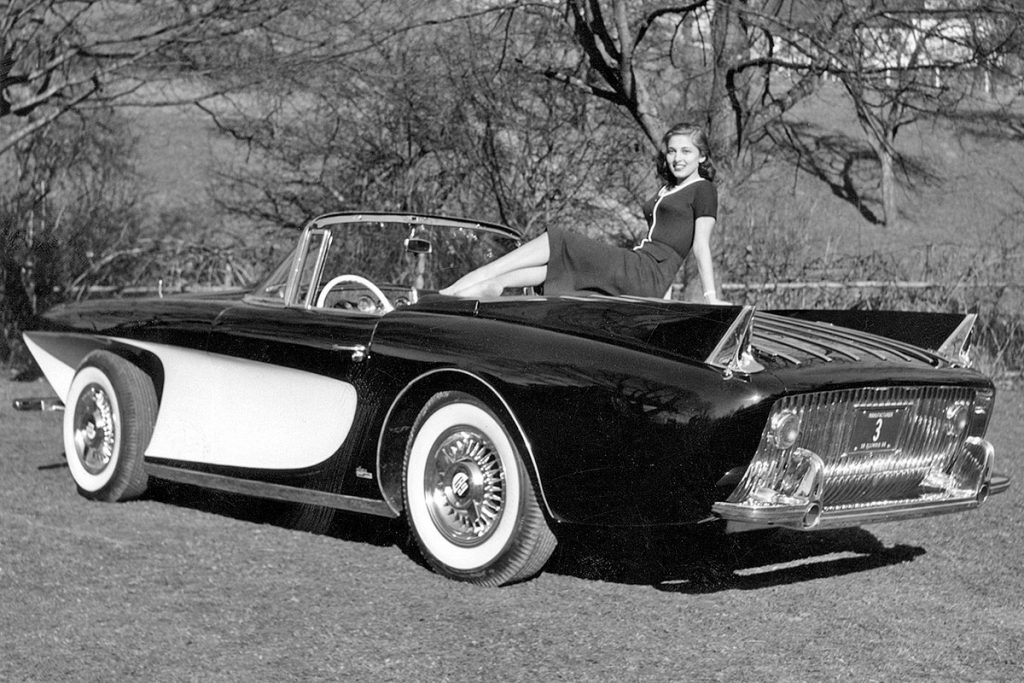
The two brothers put Brooks Stevens in a strait jacket when it came to styling the car, as they wanted to incorporate a pair of massive Lucas P100 headlights in the front-end design. An enormous headlight was placed either side of the deep cheesecutter grille. The result was a car that was likened to a startled owl.
Christened the Gaylord Gladiator, the prototype was unveiled at the 1955 Paris Salon, which led to a few raised eyebrows. So did the price tag of $10,000, which was quickly revised to $17,500 when it became clear just how much it was going to cost to build each Gladiator. And somehow the Gaylord brothers would have to sell 25 of them each year, or 25 in total, depending on which contemporary report you read.
The exorbitant build and purchase costs were inevitable, as this was a car that would have the best of everything, including electric windows, electric adjustment for the seats, power steering, air conditioning, and even an electric brake servo for the all-drum brake system. The cabin was swathed in the finest materials including leather for the upholstery along with lashings of wood and chrome for the dashboard.
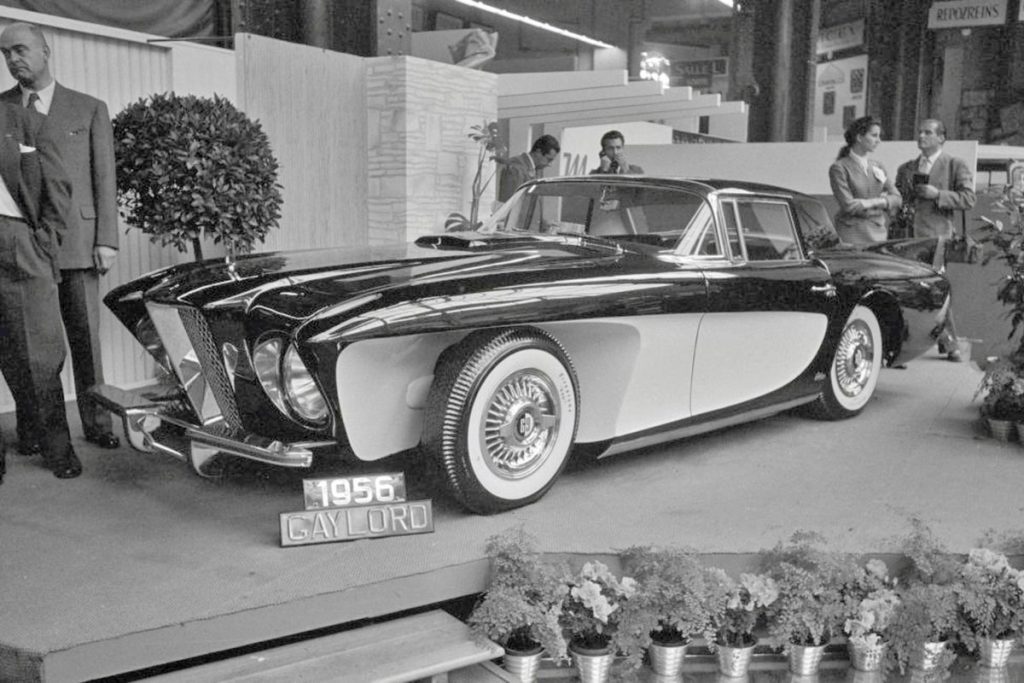
That first prototype had been built by German coachbuilder Spohn, but the quality wasn’t in keeping with the Gaylord brothers’ expectations, or the price tag. The project rumbled on for a couple of years, with a redesigned Gladiator introduced in 1957. The revised Gladiator had four smaller headlights and it was built by another German company: a vehicle repair company in Friedrichshafen called FIF, which in 1960 would be absorbed into the Zeppelin Group, which is still going.
The problem was that FIF took a year to build the second prototype, and when it was finished it still wasn’t up to the standard that the brothers expected. A lengthy legal battle ensued, but before this had even been started it was clear that Ed and Jim had completely under-estimated the enormity of setting up a new car manufacturing business. The stress of the project struggling to get going, and the legal wrangles with FIF, led to Jim Gaylord having a nervous breakdown, which parked the Gladiator project for good.
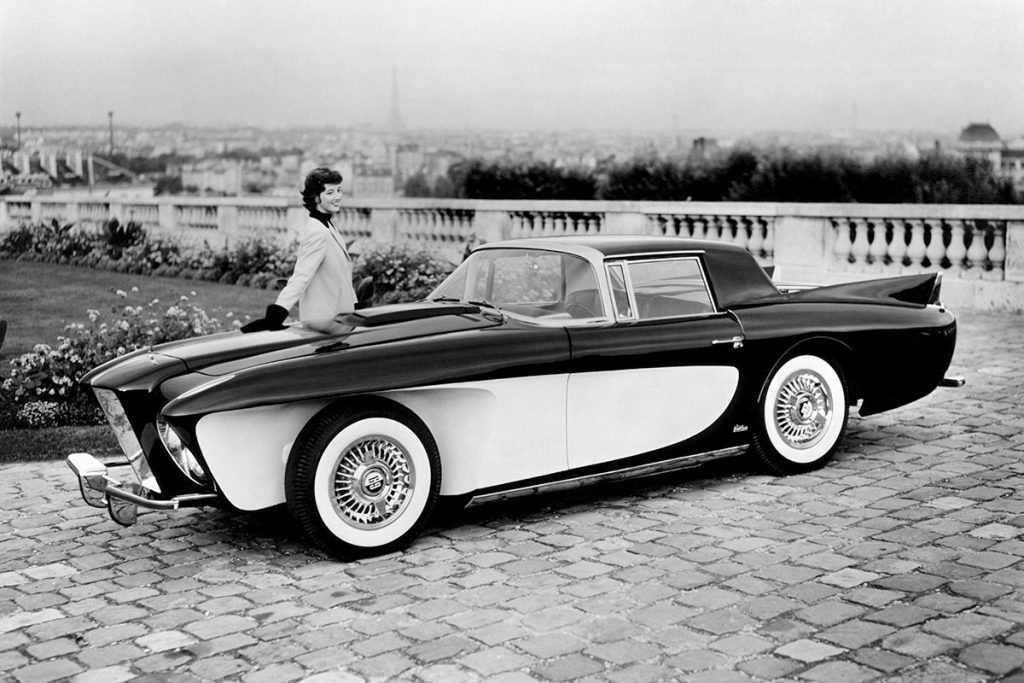
In 2017 the Zeppelin Group was contacted by an elderly car collector in Arizona, who had bought the supposedly sole surviving Gaylord Gladiator, along with a spare chassis, from the widow of Jim Gaylord. He then sold the lot to the Zeppelin Museum, which now has the Gaylord on display in Friedrichshafen, where it was made way back in the fifties.
How many Gaylord Gladiators were built is a matter of conjecture. Only the one owl-eyed prototype was made, and that was destroyed years ago. What’s unknown is how many quad-headlight Gladiators were built. Some say as many as three, others say two, whereas the Zeppelin Group claims that just a single car was made, which it now owns. Or are there any more out there?
Read more
Cars That Time Forgot: Vegantune Evante 140TC
Cars That Time Forgot: Monica 560
Six classic European sports cars with American V8 engines

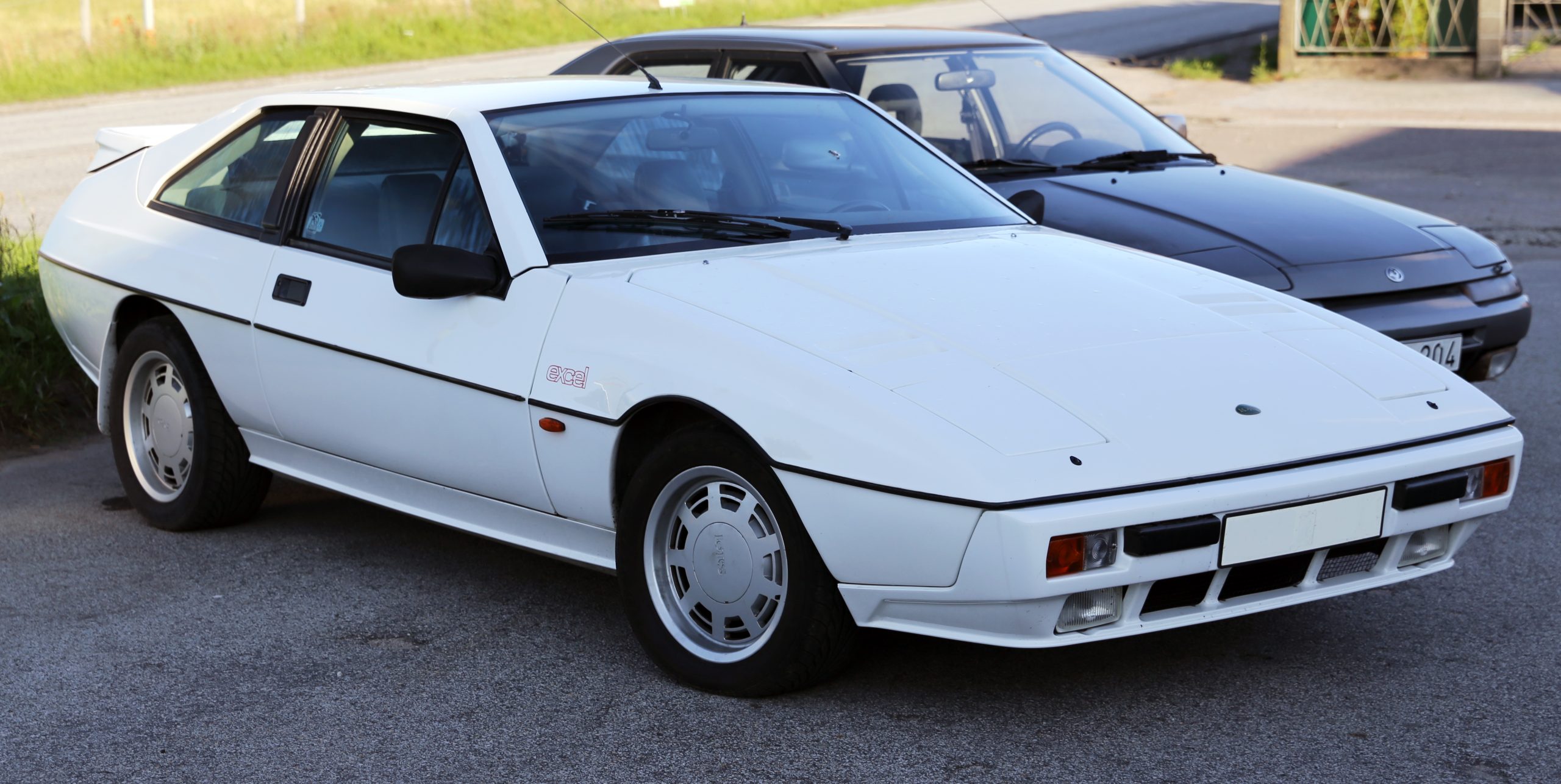

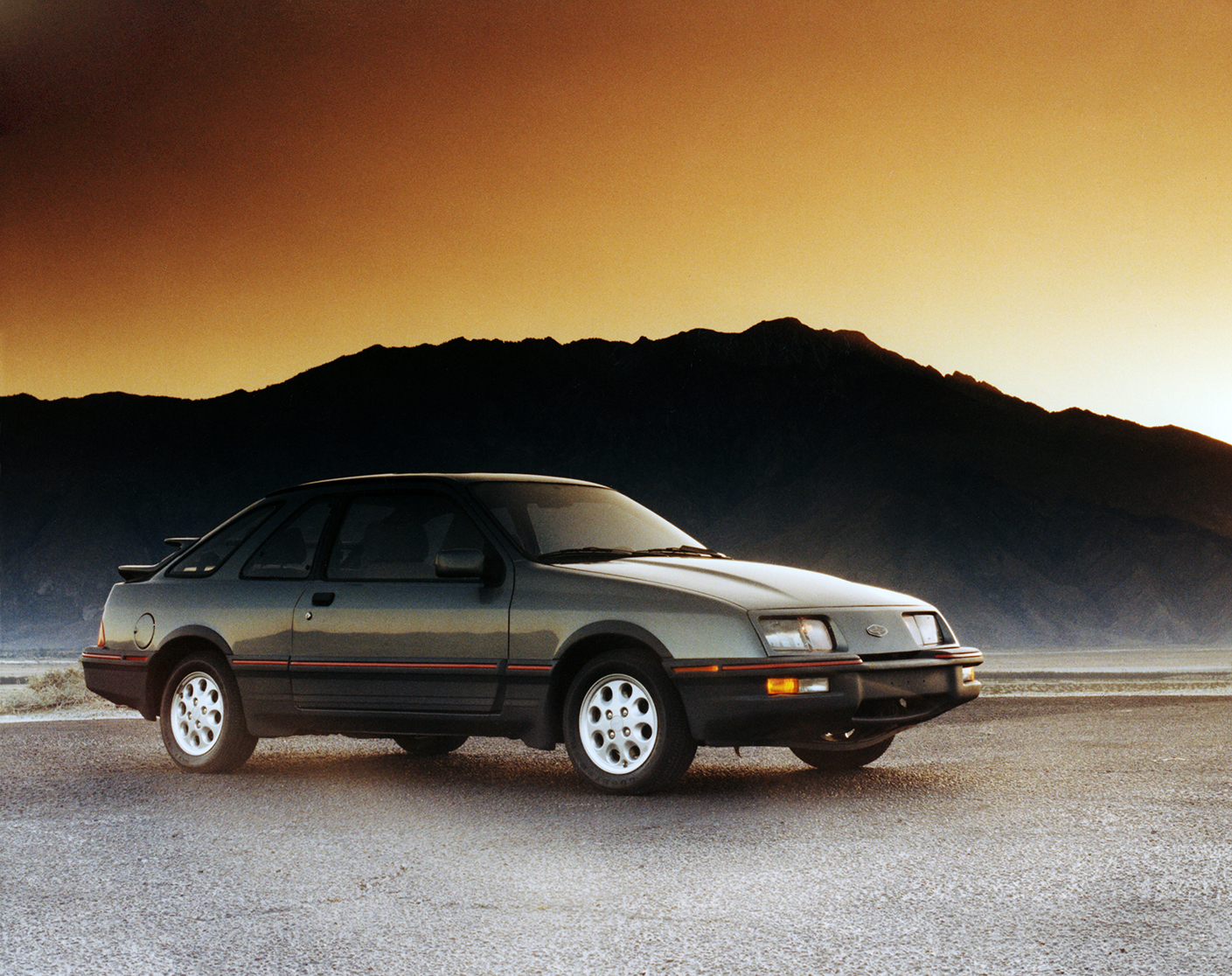


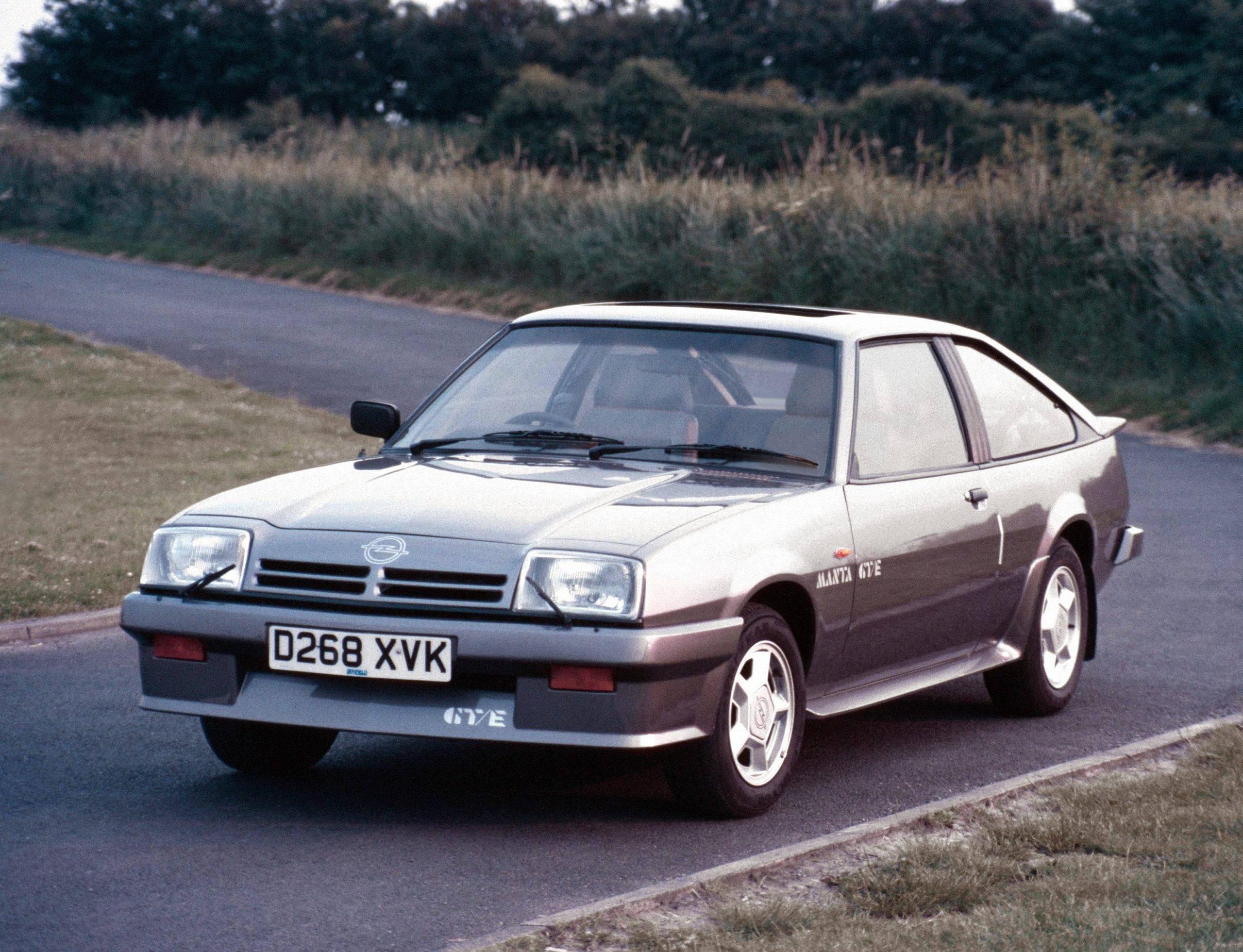

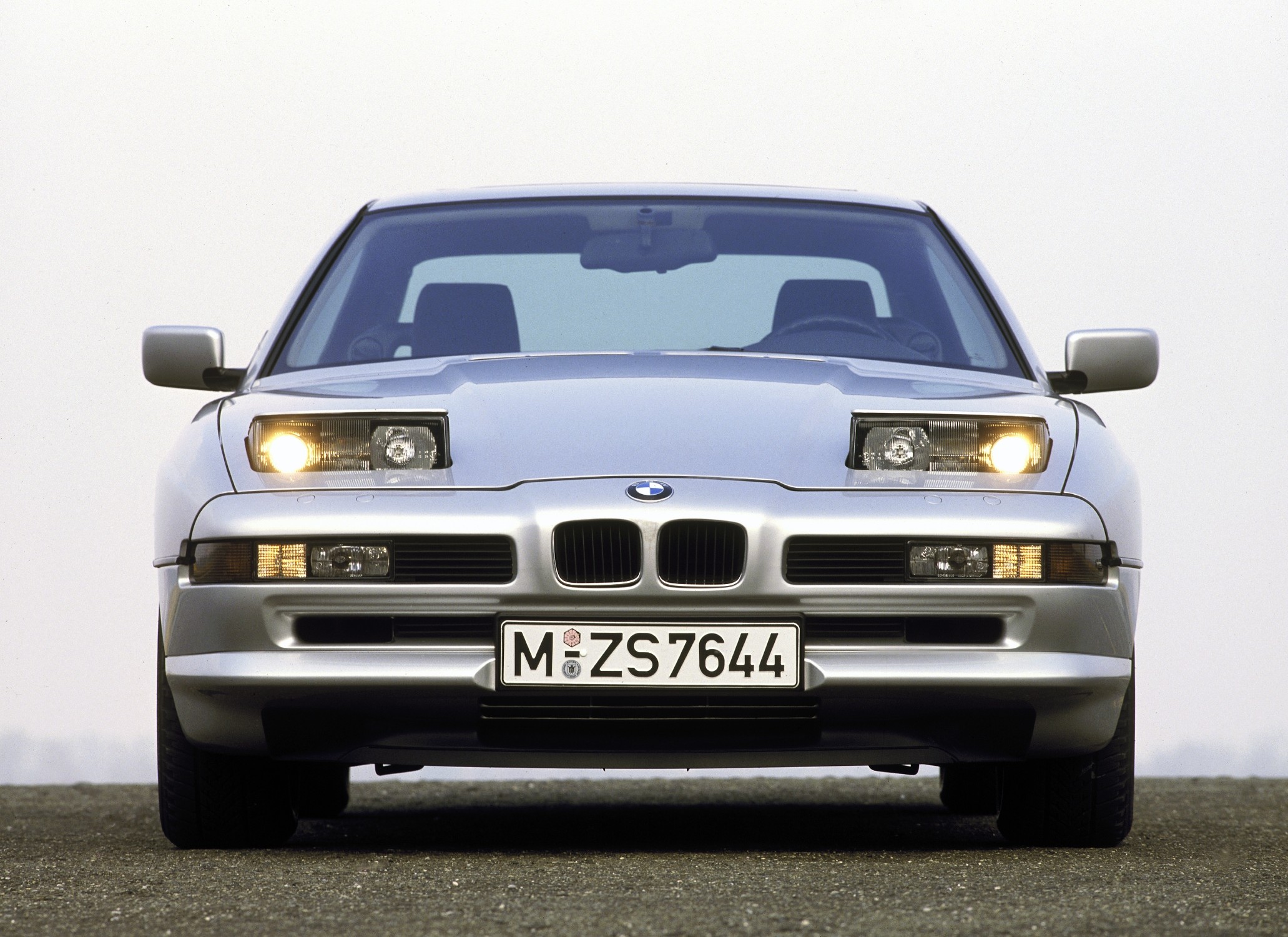
There are four different styles in the photos – although coachbuilders often used to re-work the same car in response to reactions from the customer or the press – or their own second thoughts. The car or cars with two P100 headlights are seen as drop-head and fixed-head coupe. The car or cars with four headlights have them in vertical pairs and horizontal pairs. The latter version has twin-tube front bumpers and the concave front wing/wheelarch has been filled out. An interesting project – but to my eyes gross styling.
The 1956 P100 Headlight Gaylord was VIN# 1 & the 1957 Dual-Headlight Gaylord was VIN# 2.
The car was definently see by Industry insiders because you can see several of the Gaylord Gladiators advanced ‘styling-cues’ copied onto several other late ’50s & ’60s cars too.
The Hood Ornament Sword was used by Brook Stevens on his Excaliber Sports Car. The ‘side-cove’ went onto the Corvette and the front ‘Clamshell’ Fenders went on GM Concepts and Ferrari Testarossa’s.
I was involved with Jim Gaylord and Gladiator #2 in the late ’80s early ’90s and can attest to its build quality. Jim’s insistence on using only the highest quality parts led to cost over-runs, lawsuits and the eventual collapse of both the man’s health and his company’s.
The Gaylord Gladiator was an impressive well-designed luxury sports car backed-up by a poorly managed self-financed attempt to enter the very limited mid-50s luxury sportscar marketplace.
The Zepplin Museum is a fitting home for the Gaylord.